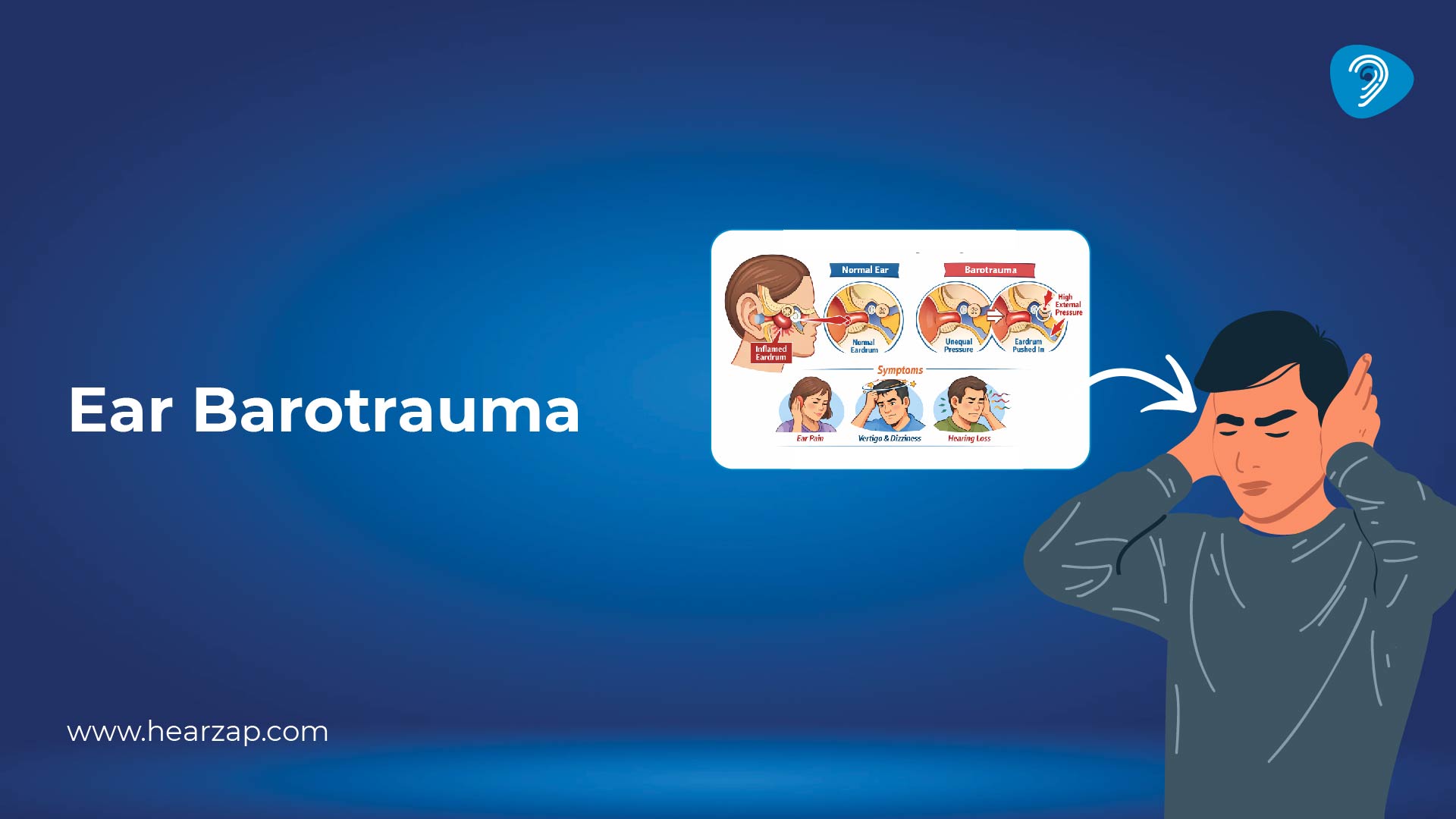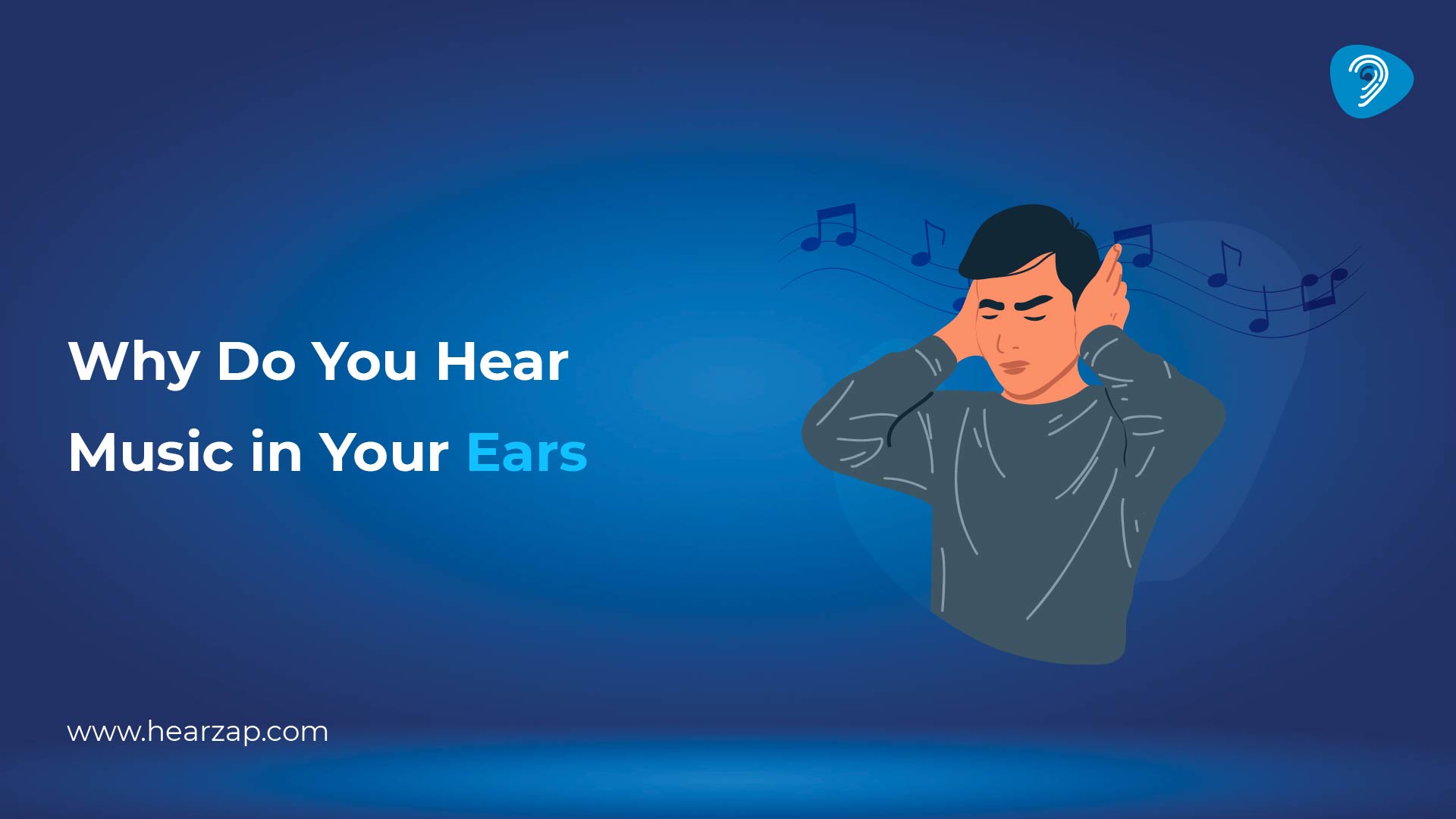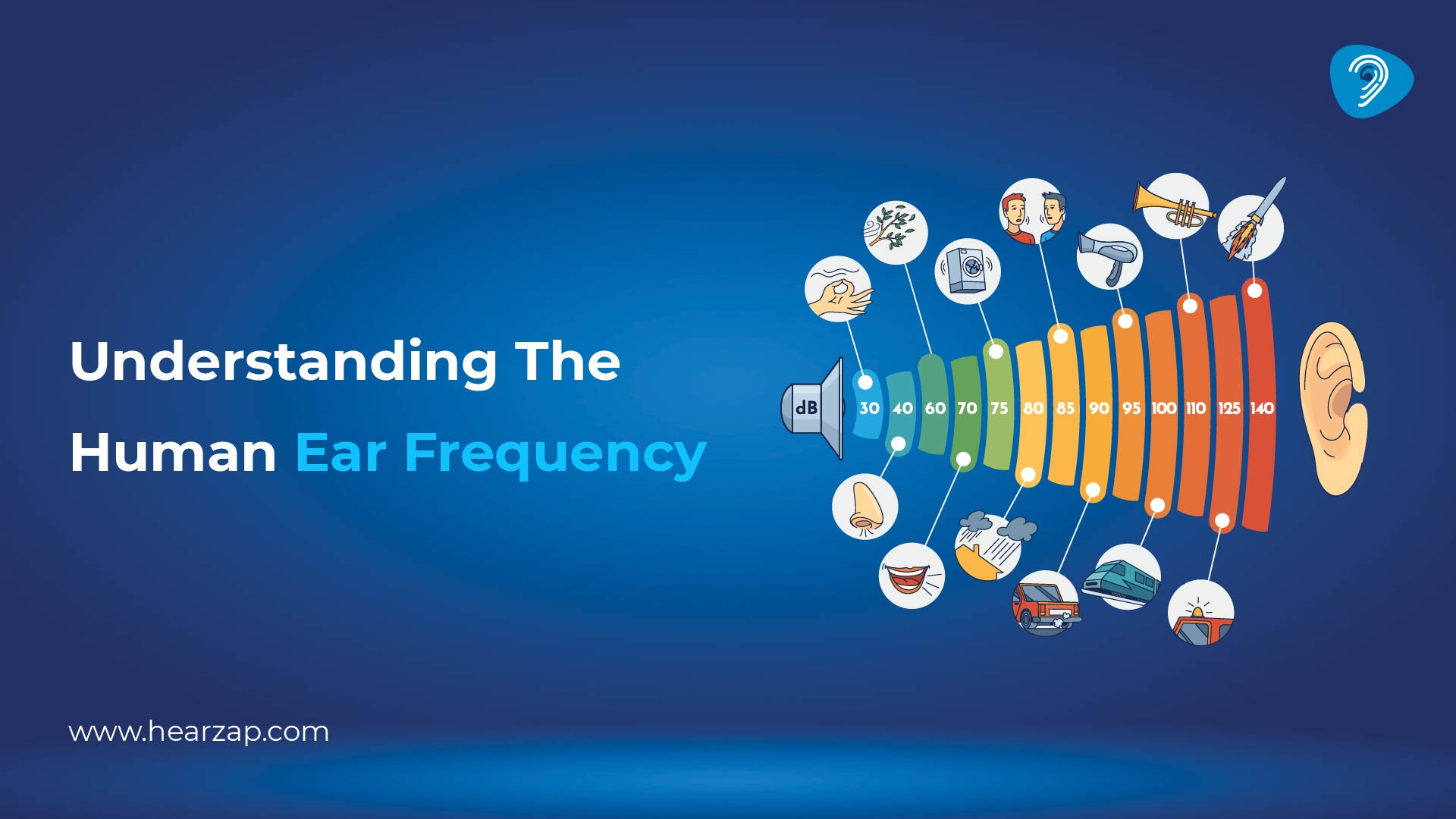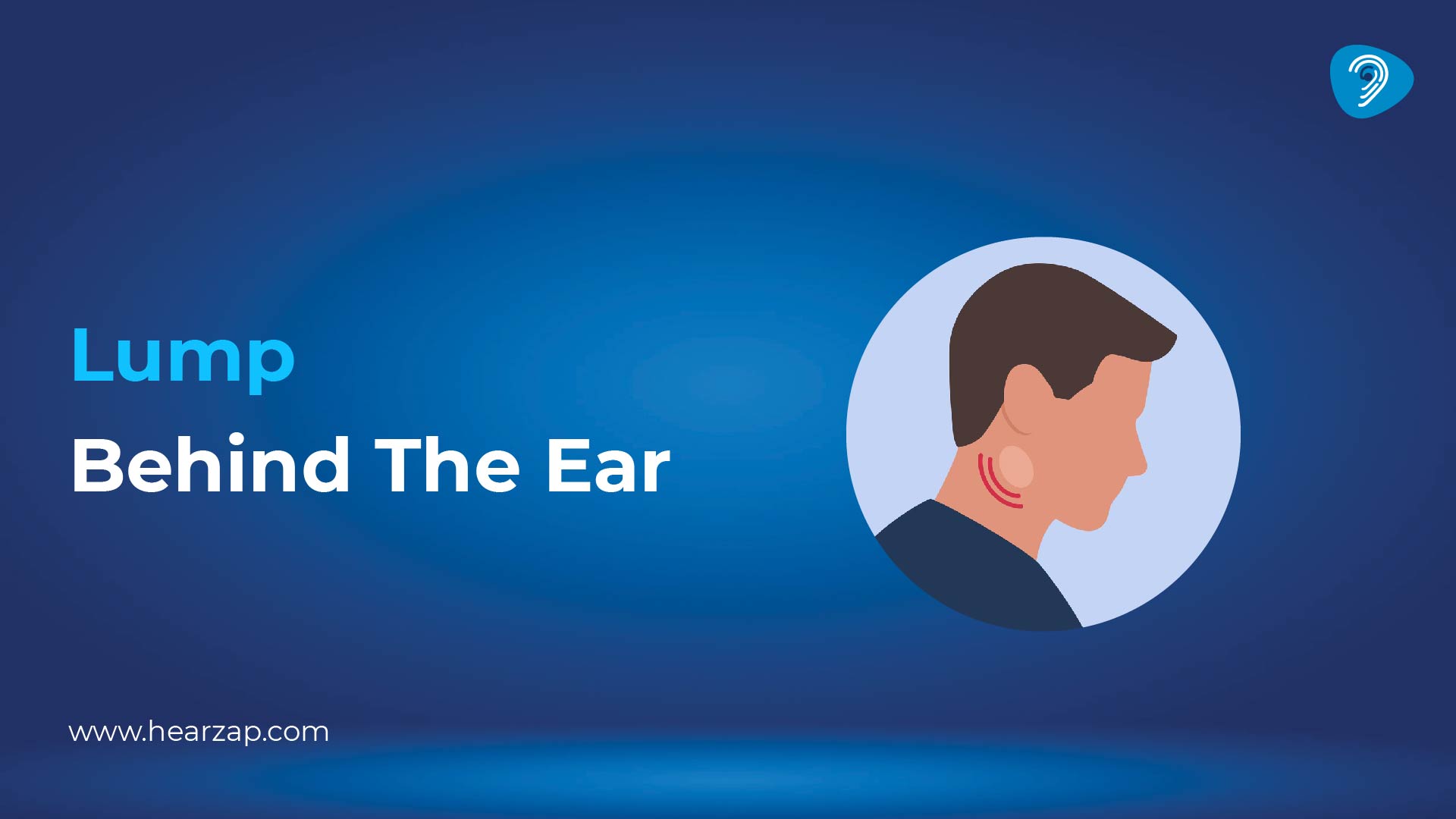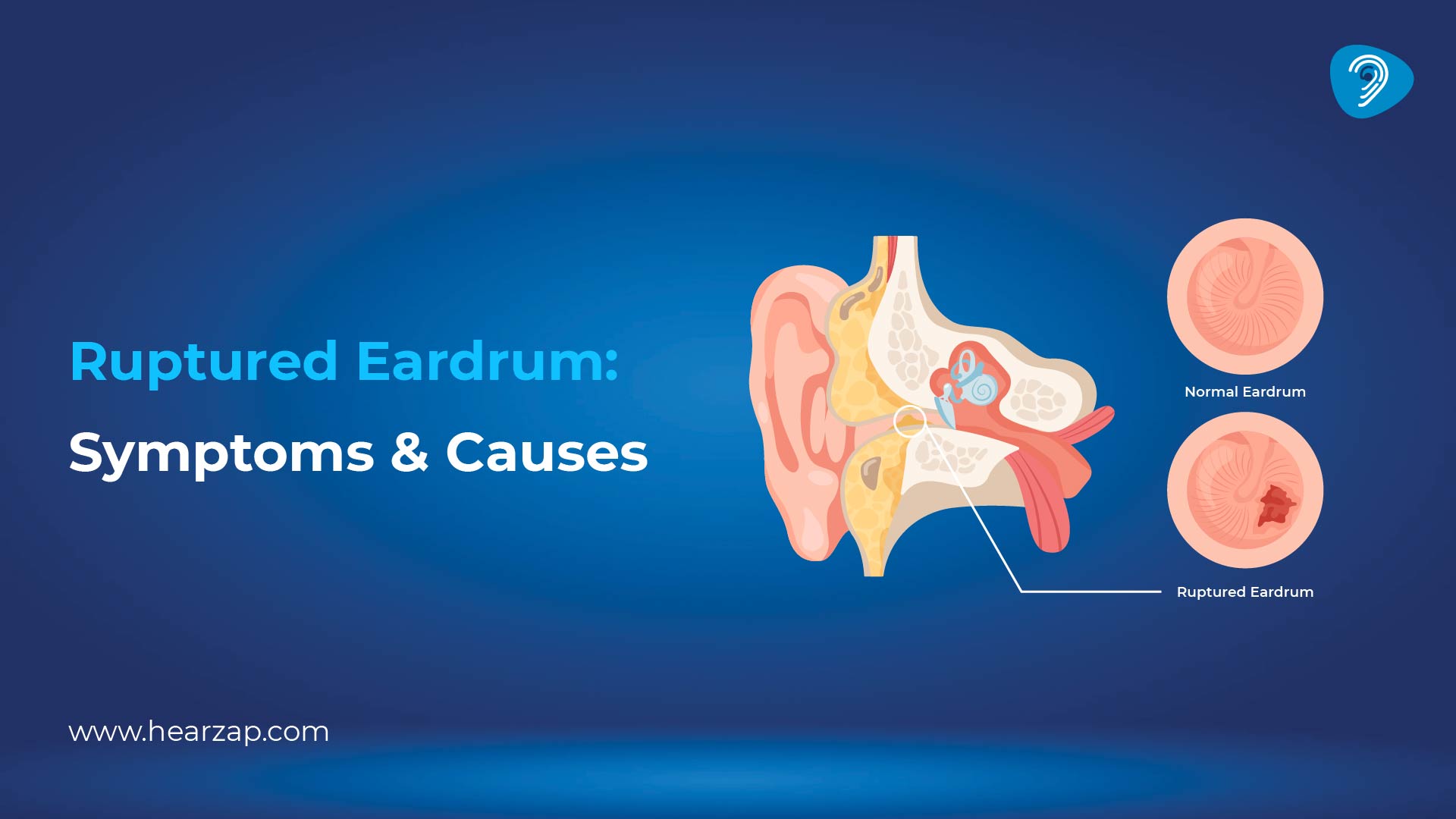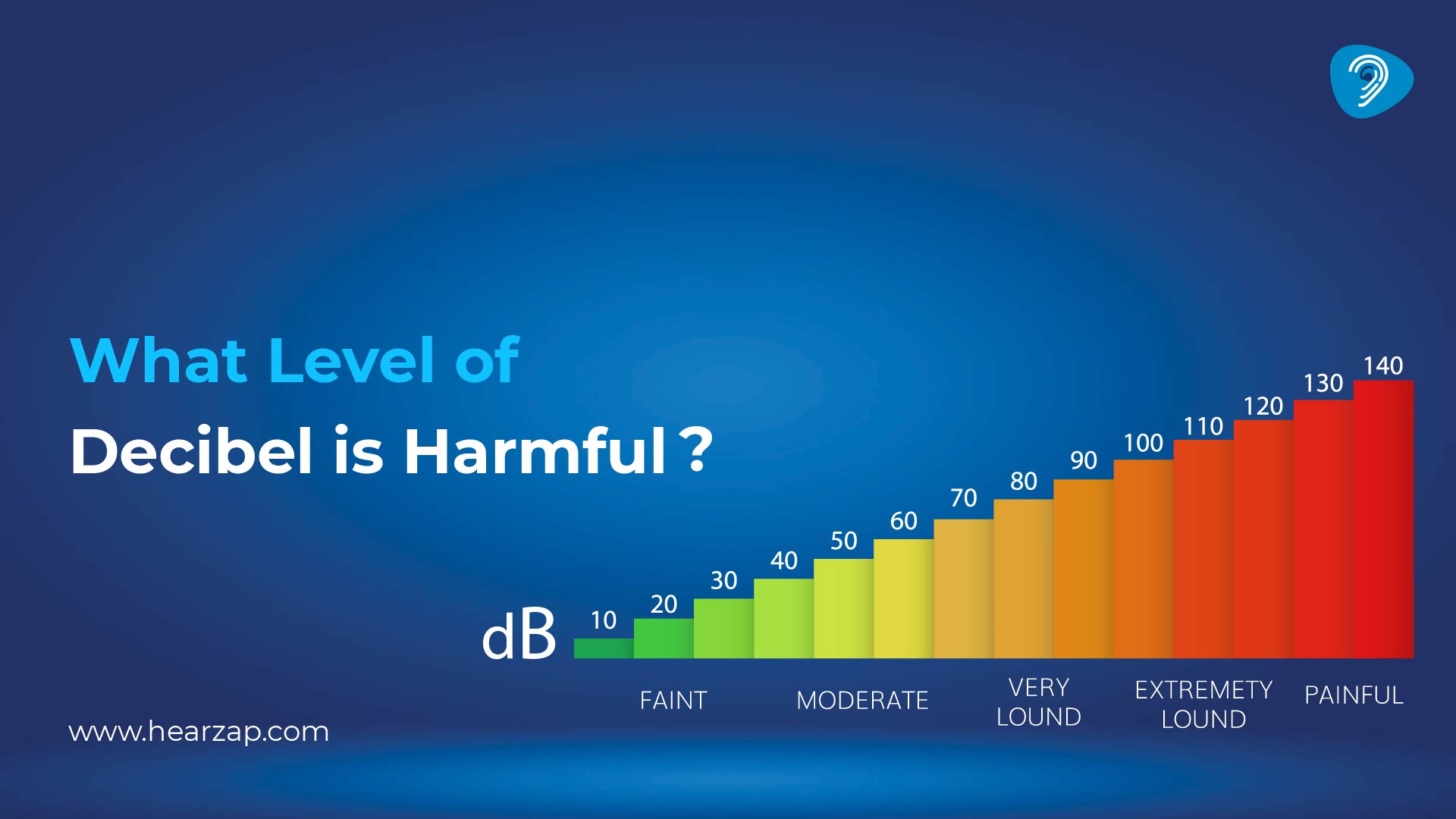Generic
Symptoms of Ear Damage from Loud Noise: Signs, Causes & Prevention
By Team Hearzap | Jan. 28, 2026
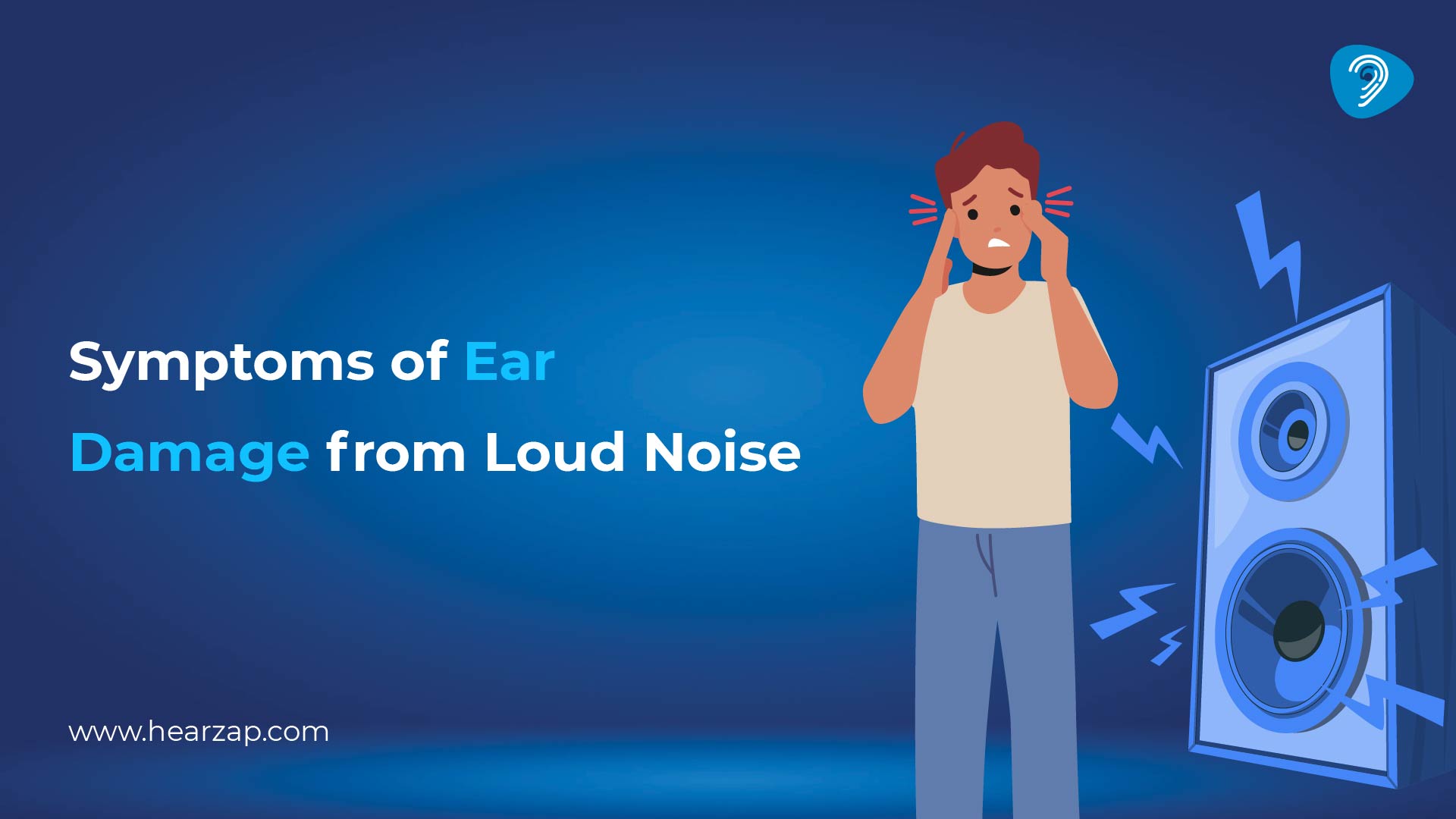
Loud sound is part of life in India today – traffic, metro rides, gym playlists, wedding DJs, construction, and firecrackers. But the ear doesn’t always recover fully, especially when loud exposure repeats. This article explains symptoms of ear damage from loud noise, why they happen, and how to prevent lasting trouble.
What Is Ear Damage from Loud Noise?
Ear damage from loud noise is an injury to the inner ear, mainly the cochlea. The cochlea has tiny hair cells that turn vibrations into signals the brain understands. A single loud burst can injure them, and regular exposure can wear them down slowly.
Common Symptoms of Ear Damage from Loud Noise
Watch for changes after noise and whether they keep returning. Common symptoms of ear damage from loud noise include:
- Ringing, buzzing, or whistling (tinnitus), often noticed at night
- Muffled hearing, as if your ears are blocked
- Discomfort, pressure, or a full feeling
- Sensitivity to everyday sounds like utensils, horns, or whistles
- Trouble following speech in crowds, on calls, or in meetings
- Early hearing loss, where you hear sounds but miss words
Early Warning Signs
These signs are easy to brush off, but repetition matters:
- Ringing that lasts longer than a few minutes after a noisy event
- Turning up the TV or phone volume more than others
- One ear feels worse than the other after earphone use
Severe or Long-Term Symptoms
With ongoing exposure, symptoms may become persistent:
- Ringing that lasts for days and affects sleep or focus
- Distorted sound where voices seem sharp or “crackly”
- Ongoing muffled hearing that does not clear after rest
- Worsening speech clarity, especially in restaurants
- Higher risk of deafness from loud noise with repeated high-decibel exposure
A sudden hearing drop after an extreme sound (like a nearby cracker) should be treated as urgently as possible.
Effects of Loud Music on Ears
Music feels safe because it’s enjoyable, but the ear reacts negatively to the high volume. Earbuds deliver sound close to the eardrum, and in noisy places, people raise the volume without noticing. That repeated “loud for long” pattern is a common cause of hearing damage from loud noise. To spot other everyday triggers, read 5 Loud Noises That Could Damage Your Hearing.
How Loud Noise Leads to Hearing Damage
When sound is too loud, hair cells bend beyond their limit. The ear also becomes chemically stressed from overwork. Over time, damaged hair cells send weaker signals to the hearing nerve. That is why you may still “hear” sound but struggle to understand speech. These hair cells do not reliably regenerate, so prevention is the priority.
Ear Damage from Loud Noise Treatment Options
If you suspect ear damage from loud noise, reduce exposure for a few days: avoid loud places, keep earphones low, and give your ears quiet time. Then get assessed so you know the cause.
A professional evaluation may include a hearing test that checks hearing across pitches and measures speech understanding. Based on results, support may include:
- Treating contributing issues such as wax build-up or infection
- Tinnitus support using sound enrichment and counselling strategies
- Listening tactics for noisy environments (positioning and reducing background noise)
- Hearing devices when needed for daily clarity
- If hearing is reduced, you may decide to buy hearing aids to improve understanding and reduce listening fatigue
Avoid self-medicating with drops unless a clinician has confirmed the reason.
Understanding the Decibel Scale
A small rise in decibels can mean a big rise in loudness and risk. Use this reference:
Sound Level (dB) | Example Sound | Risk Level |
0 dB | Barely audible sound | Safe |
30 dB | Whisper, quiet library | Safe |
60 dB | Normal conversation | Safe |
70 dB | Busy traffic, vacuum cleaner | Generally safe, but long exposure can add up |
85 dB | Heavy city traffic, noisy restaurant | Hearing damage possible with long exposure |
100 dB | Loud concert, headphones at full volume | Hearing damage after 15 minutes of exposure |
110 dB | Rock concert, chainsaw | Immediate risk of hearing loss |
120 dB | Emergency siren, thunderclap nearby | Pain and ear damage possible after short exposure |
140 dB+ | Gunshots, firecrackers, jet engine | Immediate ear damage, even for a few seconds |
Tip: Exposure to sounds above 85 dB for long periods can cause ear damage from loud noise. Always protect your ears with earplugs or noise-canceling headphones when you're in these environments.
How Hearzap Helps with Hearing Damage
If symptoms keep returning, don’t wait for them to become your new normal. Hearzap supports you with hearing evaluations, audiologist guidance, and device options that fit Indian routines – work calls, commuting, and family gatherings. For a clear next step, you can book a hearing test appointment and get a baseline.
Prevention Tips to Protect Your Hearing
Preventing ear damage from loud noise is about habits you can keep:
- Keep earphones at a comfortable level; noise-cancelling can reduce the urge to turn up
- Follow the 60/60 idea: about 60% volume for about 60 minutes at a time
- Carry earplugs for weddings, concerts, and loudspeaker-heavy events
- Step away from speakers; distance reduces exposure quickly
- Take quiet breaks after long commutes or noisy shifts
- Use earmuffs for power tools and construction work
Protection isn’t about avoiding life. It’s about keeping your ears ready for the sounds you care about.
FAQs
What are the common symptoms of ear damage from loud noise?
Ringing, muffled hearing, sound sensitivity, ear discomfort, and difficulty understanding speech in noise are common.
How is hearing frequency tested?
You listen to tones of different pitches through headphones and respond when you hear them, creating a map across frequencies.
How loud does sound have to be to damage hearing?
Risk rises around 85 dB with longer exposure. Above 100 dB, damage can happen much faster.
Is deafness from loud noise reversible?
Temporary changes may improve with rest, but permanent inner-ear injury may not fully reverse.
What are the effects of loud music on ears?
It can cause ringing, muffling, and reduced speech clarity, especially with high volume and long listening time.
How can I treat ear damage from loud noise?
Reduce further exposure, get assessed, and follow a plan that may include tinnitus support, hearing devices, and prevention habits.
Also Read: 5 Loud Noises That Could Damage Your Hearing
Contact us
We are here for all your hearing needs, from hearing tests to hearing aids. Fill out the form below, and we will give you a call soon.
Please enter a valid mobile number with 10 digits.
Recent Blogs
By None | Feb. 9, 2026
By None | Feb. 7, 2026
By None | Feb. 6, 2026
By None | Feb. 5, 2026
By None | Feb. 4, 2026
